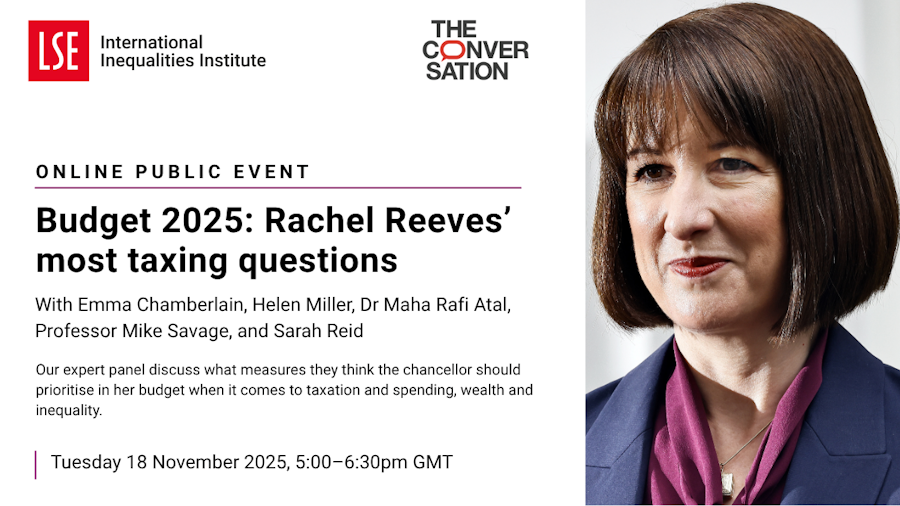|
Shannon McCoole ran one of the world’s largest dark web child abuse forums for around three years in the early 2010s. Key to McCoole’s eventual arrest and conviction was a piece of linguistic evidence: his frequent use of an unusual greeting term: “hiyas”. Investigators began searching the open internet for any markers of a similar linguistic style and a man was discovered using the giveaway greeting on a four-wheel drive discussion forum.
This linguistic evidence contributed to the identification, arrest and eventual conviction of McCoole, and agents were able to take over and run the forum – as him – for another six months, leading to the prosecution of hundreds of offenders and to the rescue of at least 85 child victims. In our latest Insights long read, a specialist in forensic linguistics examines how criminals give themselves away with the language they use.
Also today, new research is shedding fascinating light on why so-called “super-recognisers” are so much better than the rest of us at learning and remembering faces. The secret is focusing on lots of different points of the head, apparently, rather than simply staring into someone’s eyes.
For some, the hardest part of dying isn’t physical pain but the fear and sense of meaninglessness that accompanies it. A surprising treatment is now emerging to tackle this: psychedelic therapy.
|

|
Paul Keaveny
Investigations Editor, Insights
|
|

Shutterstock/nomad-photo.eu
Emily Chiang, Aston University
Unmasking dark web criminals isn’t easy, but researchers are figuring out how to use their own language against them.
|

Nazarii Ortynskyi/Shutterstock
Robin Kramer, University of Lincoln
Super-recognisers literally look at people differently.
|

LBeddoe/Shutterstock.com
Muireann Quigley, University of Birmingham; Joanna Neill, University of Manchester; Laura Downey, University of Birmingham
Studies show psilocybin therapy can rapidly reduce anxiety and depression in terminally ill patients, but UK regulations make access nearly impossible.
|
World
|
-
Pablo Uchoa, UCL
Venezuela hopes the prospect of ‘another Iraq’ in Latin America serves as a deterrent against US intervention.
-
Mark Sutton, University of Edinburgh; Sergiy Medinets, UK Centre for Ecology & Hydrology
Improved manure recycling is one measure being proposed that could help Ukraine’s soil recover from misuse of fertilisers.
|
|
Politics + Society
|
-
Stephen Cushion, Cardiff University
The Prescott memo contained no research questions or objectives, method, sample, time frame or, crucially, analytical framework for examining output.
-
Catherine Happer, University of Glasgow
How did we go from an era of high trust in 20th-century media to such low levels of trust today?
-
Michelle Pace, Roskilde University
A migration researcher based in Denmark explains the downsides of its “zero asylum” policy and returns system.
|
|
Arts + Culture
|
-
Simon Trafford, School of Advanced Study, University of London
The standard drink was far more likely to be ale.
-
Laura O'Flanagan, Dublin City University
While the choir scenes are wonderful, the film is most affecting in its quietest moments.
|
|
Business + Economy
|
-
Will Cook, Manchester Metropolitan University
The limit was introduced to cut the welfare bill, but at what cost?
-
Sverre Spoelstra, Lund University; Nick Butler, Stockholm University
That kind of money is several million times the pay of a typical Tesla engineer and is equal to the GDP of Switzerland.
|
|
Environment
|
-
Sanam Mahoozi, City St George's, University of London; Nima Shokri, United Nations University
Iran is suffering huge water shortages. Expert believe there are changes that could help.
-
Rahmat Poudineh, University of Oxford
Welcome to the age of competitive decarbonisation.
|
|
Health
|
-
Bridget Storrie, UCL
Our increasing demand for injectable cosmetic procedures isn’t responsible for making chromium, nickel and iron ore critical. But there’s an environmental cost.
-
James Brown, University of Limerick
Cancer patients are helping shape research that reflects real lives. This is Patient and Public Involvement – and it’s helping to improve research.
-
Stephanie Horsted, Health Sciences University
Half of trans people report negative healthcare experiences and many avoid doctors altogether.
|
|
Science + Technology
|
-
Rivka Isaacson, King's College London
An academic has used ten of Iris Murdoch’s novels and some newly discovered poems to illuminate scientific concepts.
|
|
|
|
| |
| |
| |

|
| |
| |
| |
|
|
|
|